California vowed to fight President Donald Trump’s effort to roll back the state’s tough emission and fuel economy standards, which would allow it to push automakers to go all-electric. The upcoming court battle could leave automakers in limbo as they try to plan for the future, reports Headlight.News.
In a bid to shape the future of the United States in a rapidly changing world, President Donald Trump signed legislation blocking California regulations aimed at making nearly all new vehicles electric by 2035, while at the same time moving to block the construction of new windmills.
Trump cited the fact that 17 states mainly on the east and West Coasts generally follow California emissions rules, and claimed a bill passed by Congress would “rescue the US auto industry from destruction” by stopping California’s ambitious regulatory plan for future cars and trucks.
But California lawmakers quickly responded, announcing plans to challenge the new law in court. The measure has raised questions about its legality. While it moved through Congress, the Senate parliamentarian warned that the Senate likely didn’t have authority to vote on the measure.
Automakers, dealers hail legislation
“Everyone agreed these EV sales mandates were never achievable and wildly unrealistic,” Alliance for Automotive Innovation said in a statement after Trump signed the resolution.
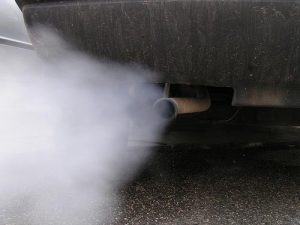
California was granted special rights to regulate tailpipe emissions under the Clean Air Act. Other states can adopt those rules.
“Worse than unachievable – these EV mandates were going to be harmful. “Harmful to auto affordability, to consumer choice, to industry competitiveness and to economic activity.”
The National Automobile Dealers Association, in a separate statement, also praised the new legislation. “America’s franchised dealers applaud President Trump for signing bipartisan legislation to stop California regulators from banning sales of new gas vehicles and diesel trucks, which would have begun later this year.
“Unless Congress acted, California’s regulations would have reduced consumer choice and raised prices in the showroom for new and used cars,” the statement from NADA said.
California vows fight to stop Trump
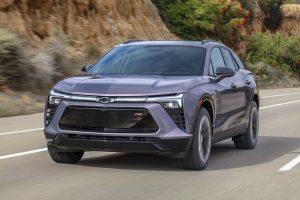
California’s rules would have forced the industry to effectively go all electric in the state – and 17 others that have adopted the California mandate.
California said it planned to challenge Trump’s decision in federal court.
The head of the California Air Resources Board, Liane Randolph, said the new legislation was a mistake, which left U.S. Automakers vulnerable to foreign competition, threatened public health and exacerbated climate change as it wreaks more havoc in the United States and across the globe.
“Despite the President’s signature, this remains an unconstitutional, illegal, and foolish attempt to undermine California’s clean air protections,” said Randolph.
“Beyond the environmental and public health consequences of these illegal actions, there is an economic cost, too,” CARB said in a statement. “This is one of an ever-growing list of vindictive actions to cement reliance on harmful, antiquated technology that will only hurt the long-term competitiveness of the U.S. auto industry in a global market that is rapidly advancing toward cleaner combustion technology and zero-emission vehicles.”
This would be just the latest in an ongoing series of court fights pitting California against the Trump administration. The state is battling the White House’s move to take control of the National Guard in response to protests in Los Angeles over immigration raids. The state is also suing the Trump administration over tariff plans. Federal courts in the Trump era have become generally more sympathetic to arguments centered around federalism and the rights of individual states to set their own policies.
More Automotive News
- GM Investing $4 Billion to Expand U.S. Operations
- Tesla CEO Musk Says He “Regrets Some” of His Comments About Trump
- New Stellantis CEO Stands to Make $23 Million a Year
“Going backward”
The campaign against California’s rules, in large part, has been driven by ideology, according to Greg Keoleian, Professor of Sustainable Systems, and co-director and co-founder of the Center for Sustainable Systems at the University of Michigan.
Keoleian noted during a conference on Automotive Future’s the Trump administration is ready to ignore the urgent need to reduce greenhouse gas emissions. The evidence indicates EV adoption is critical to “decarbonize this sector,” according to Keoleian.
The transportation sector is responsible for 28% of GHG emissions, and 57% of that comes from light-duty vehicles, according to the center’s data.
“We’re going backwards,” says Keoleian, who describes the Trump administration’s plans to hobble the adoption of EVs as an “assault on science” that is supported by a conservative media ecosystem.
Court fight extends uncertainty for auto industry
Such claims have been countered by Project 2025, though, which maintains that the warming of the global climate system over the past half-century has averaged 43% less than that produced by computerized climate models used to promote changes in energy policy.
“While the cause of this relatively benign warming could theoretically be entirely due to humanity’s production of carbon dioxide from fossil-fuel burning,” it stated, “this claim cannot be demonstrated through science.
The debate over the impact of global warming is not likely to be decided by the courts in any upcoming lawsuit, observers said. The battle is expected to focus on whether Congress and the administration exceeded their legal authority in light of the Clean Air Act first enacted in 1963 and then expanded in 1970.
The court fight over California’s emission and fuel-economy regulations began in the first Trump administration, and eventually was determined in favor of the State.
Auto industry observers warn that the latest battle creates further uncertainty for automakers as they lay out plans for the rest of the decade and beyond. The auto industry is already struggling to determine what path to take in light of the Trump tariffs on import autos and auto parts..

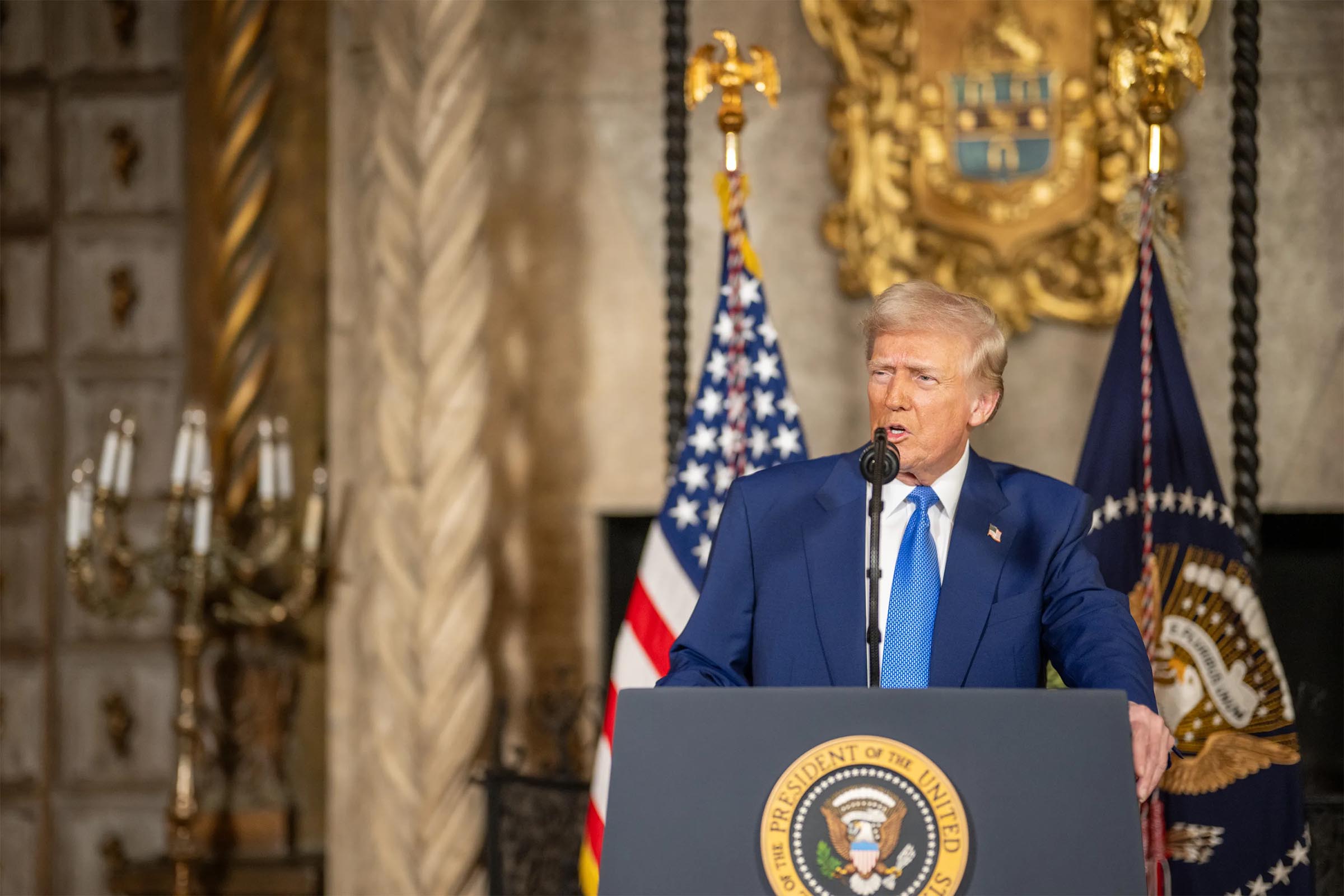
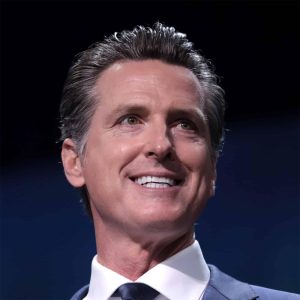
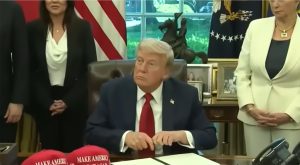

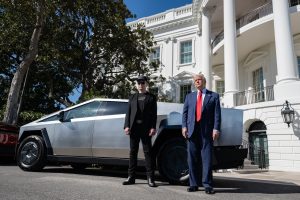
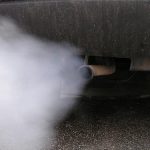
0 Comments